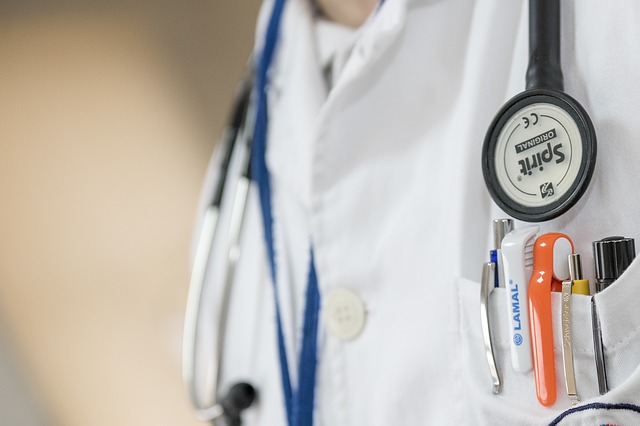With the advent of the Internet, thousands of people now consult Google before seeing their own doctor. This isn’t necessarily a bad thing. If we’re informed, we’re better equipped to make decisions. We may also find information that helps prevent illness or spot worrying symptoms. However, it should never become a substitute. Symptoms are not straightforward, and it takes an expert to interpret them accurately. That’s why doctors spend several years in medical school.
The Internet also helps us find homemade or over-the-counter treatments. It recommends ways to prevent illness through diet and exercise, etc. Again, this is all good, but there are occasions where you shouldn’t delay and should seek medical attention.
Emergency Situations
It goes without saying that you should seek medical assistance immediately in an emergency situation. The following may be considered to constitute an emergency:
- Breathing difficulties
- Unconsciousness
- Heavy/prolonged bleeding
- Possible heart attack
- Possible stroke
- Burns
- Injuries due to an accident
- Injuries that could lead to loss of a limb
- Shock
- Sudden severe pain
- Vomiting blood
This is not a comprehensive list. However, these are the main situations that require immediate medical intervention. If you’re unsure, err on the side of caution and seek medical help.
Injury
Another instance where it is important to seek medical attention is following an injury. You may be in a situation where you have already have received emergency treatment. However, the symptoms are just not going away. Delaying could make the situation worse. For example, you should seek treatment for whiplash and other injuries due to an accident. It can often take days or months before the injury becomes apparent. If left untreated, it can cause significant pain and interruption to your daily life.
Worsening Of Symptoms
You should also act if your illness or condition suddenly becomes worse. This is an indication that treatment isn’t effective, and you should seek further help. Your doctor will be able to assess you and alter your medication, etc. If the symptoms fall into the emergency bracket, phone 911 or go to the emergency room.
Severe Allergic Reaction
Many of us have allergies, and they can cause symptoms such as runny eyes, sneezing, itching, etc. These can usually be treated with medication and avoiding the circumstances that caused it. However, sometimes allergic reactions can be severe and can even lead to loss of life. Severe reactions include:
- Difficulty breathing
- Severe coughing
- Tightness of the chest
- Chest pain
- Weak or fast pulse
- Dizziness
- Fainting/loss of consciousness
- Swelling, particularly to the face, throat, mouth, or tongue
- Severe abdominal pain
- Vomiting or diarrhea
If you suffer from severe allergic reactions such as anaphylaxis, you should carry an emergency kit with an epipen or medication. Always call 911 and use the injection as prescribed.
If You’re Unsure
If you have symptoms or a change in health that you’re unsure of, always go to the doctor. Never worry about wasting time. Medical professionals can rule out any serious issues and provide medication and treatment. In the unlikely event it is more serious, acting quickly will make treatment options more effective. Also, illnesses will not have time to advance.
So, if you’re unsure, don’t delay. Call the doctor.





